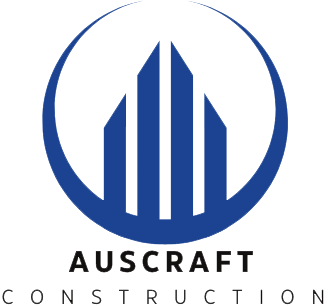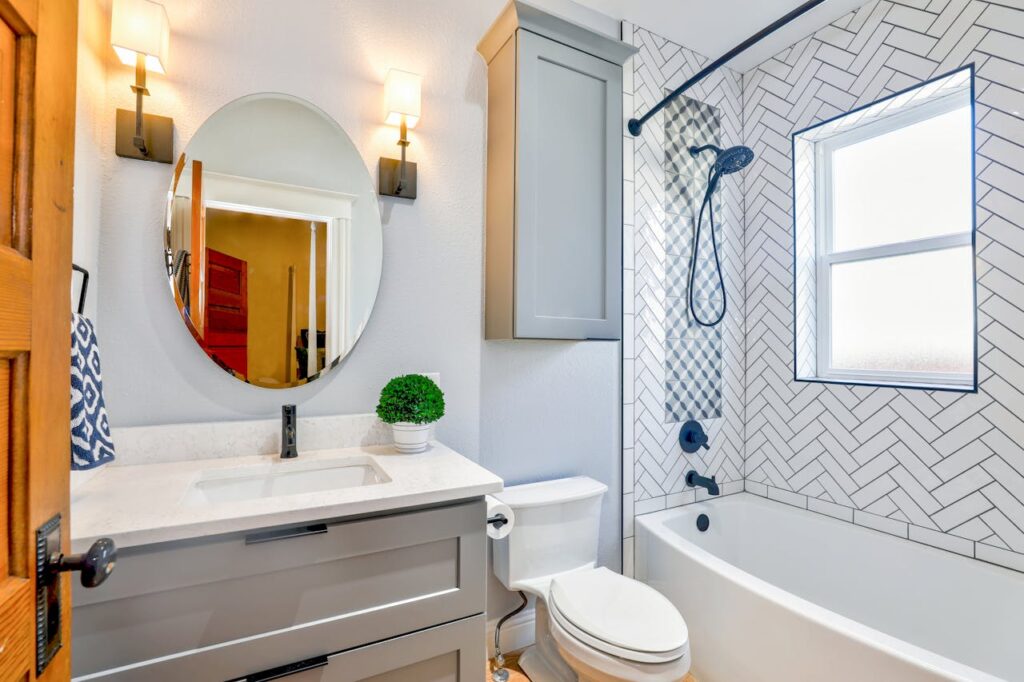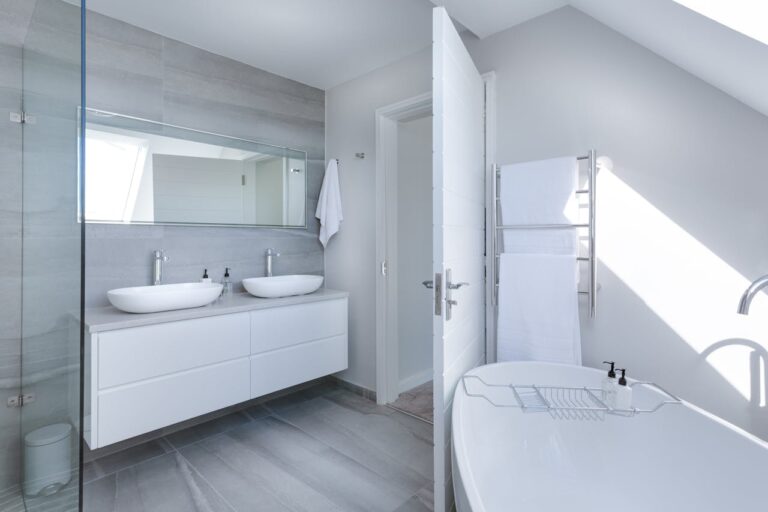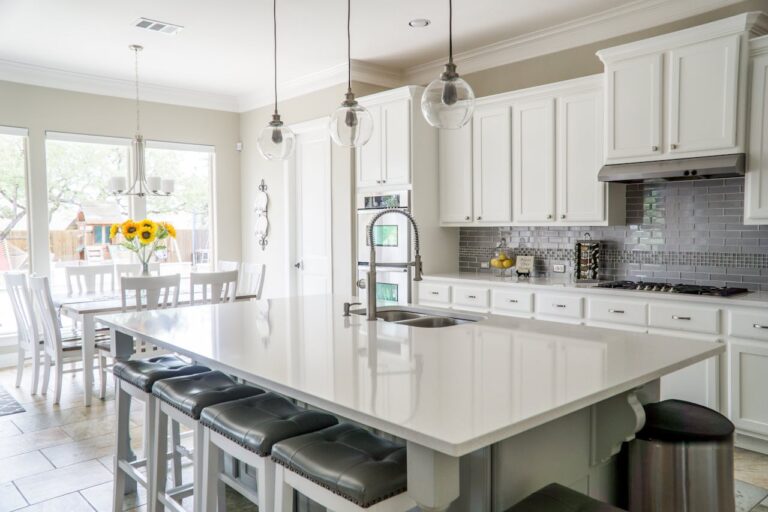Why Choosing the Right Contractor Matters
Whether you’re planning a full-scale kitchen renovation, a custom home build, or a bathroom remodeling project in Austin, Cedar Park, or anywhere in Travis County, one thing is clear: hiring the right contractor is the most important step in the process. Your contractor isn’t just responsible for managing timelines and construction—they’re the ones interpreting your vision, working with your budget, and ensuring your project meets local building codes and standards.
Home renovations represent a serious investment, and a misstep here can lead to delays, unexpected expenses, and low-quality work that affects your home’s value. On the other hand, working with a skilled, licensed contractor can transform your space into a lasting masterpiece—whether that’s a modern chef’s kitchen, a luxury bathroom, or a fully custom-built home.
With dozens of contractors in the Austin metro area offering services that range from small upgrades to large-scale home builds, it’s essential to ask the right questions before signing any contract. The five questions we explore in this blog are designed to help you avoid common pitfalls and protect your investment.
Question 1: Are You Insured and Permitted to Work in This Area?
This may seem like a basic question, but it’s the cornerstone of a successful home renovation, especially when dealing with structural changes or complex remodels. In Austin and other cities within Travis County, contractors must carry proper licenses and permits for the specific type of work they perform—be it electrical, plumbing, HVAC, or full-scale home construction.
Why It Matters
Hiring an experienced contractor ensures your project is compliant with local building codes. Insurance and bonding offer you protection if something goes wrong—whether that’s an accident on the job site or damage to your property.
What to Ask Your Contractor:</span
- What type of insurance do you carry (liability, workers’ comp)?
- Will you handle all necessary permits for this kitchen or bathroom renovation?
Red Flags:
- The contractor is vague about licensing or insurance
- They ask you to pull your own permits
- They downplay the need for permits on major work (like moving plumbing or adding walls)
Whether you’re remodeling a master bath or building your dream kitchen, verifying your contractor’s credentials is the first step to protecting your budget, your property, and your peace of mind.
Question 2: Can You Provide References and a Portfolio of Past Projects?
When hiring a contractor for your home renovation—whether it’s a kitchen remodel, bathroom upgrade, or a custom home—you’re not just buying their time. You’re investing in their craftsmanship, professionalism, and ability to bring your vision to life. That’s why reviewing past projects and speaking to previous clients is a critical step in the hiring process.
In Austin and throughout Travis County, where architecture ranges from mid-century ranch homes to modern hill country estates, a portfolio helps you determine if a contractor’s style, skill level, and attention to detail align with your goals.
Why References and Portfolios Matter
A well-documented portfolio reveals:
- Design versatility: Can they handle both rustic farmhouse kitchens and modern bathroom remodeling projects?
- Craftsmanship: Are the finishes high-end and well executed?
- Space planning: Do their past homes look livable, smartly laid out, and built for real-life use?
- Style fluency: Have they completed kitchen renovations in the greater Austin area?
Meanwhile, speaking to past clients gives insight into how the contractor handles timelines, budgets, communication, and unexpected challenges.
What to Ask Your Contractor
- Can you show me before-and-after photos of recent bathroom renovations or kitchen remodels?
- Can I speak directly with past clients—especially those with similar projects?
- Do you have a home in progress or completed nearby that I could visit?
- Can I see examples of custom home construction or specialty renovations you’ve completed in Austin?
Red Flags to Watch For
- The contractor only offers stock images or vague project examples
- They hesitate when asked for client contact information
- Online reviews mention unfinished work or poor follow-through
- They dodge the question or change the subject
Bonus Tip: Reading Online Reviews Like a Pro
- Focus on verified reviews on platforms like Google, Angi, or Houzz
- Search for comments from neighborhoods
- Look at how the contractor responds to criticism—are they professional, respectful, and solutions-oriented?
Real-Life Example from West Austin
A homeowner planning a major kitchen renovation in West Austin interviewed three contractors. One shared high-res project photos and offered references—and even invited her to visit a home he had recently finished nearby. She spoke with the homeowners and learned about their smooth experience. That contractor ended up finishing her kitchen on time, within budget, and with zero surprises.
Conclusion
A trustworthy contractor should have nothing to hide. In a visually driven city like Austin, being able to showcase past work, especially custom home builds, bathroom remodels, and kitchen renovations, is essential. Don’t skip this step. Seeing is believing, and when it comes to your home, proof is power.
Question 3: What’s Your Process for Bidding, Budgeting, and Change Orders?
Understanding how a contractor handles pricing isn’t just about comparing quotes—it’s about making sure you know exactly what you’re paying for and how your budget will be protected. In cities like Austin, where the cost of home renovations can vary widely, transparency in budgeting is key—especially when you’re planning a kitchen renovation, bathroom remodeling, or a custom home project.
Why This Question Is Essential
A reputable contractor will be upfront about how bids are calculated, what’s included, and how changes are managed once construction begins. Miscommunication around money is one of the most common causes of project delays, overspending, and legal disputes in the remodeling world.
What to Expect in a Professional Bid
A detailed bid should clearly spell out:
- Line-item breakdown of labor, materials, and design services
- Specified allowances for fixtures, cabinetry, flooring, etc.
- Payment schedules and milestones
- Exclusions and disclaimers (what’s not covered)
- Expected timeline with benchmarks
For example, if your kitchen remodel in Austin includes quartzite countertops, the bid should outline thickness, edge style, and square footage included. Similarly, a bathroom renovation should mention plumbing fixture brands, waterproofing materials, and tile sizes.
Understanding Change Orders
A change order is a written agreement to alter the scope, timeline, or materials of a project after work has begun. These often arise due to:
- Upgrades (e.g., switching to premium fixtures)
- Unforeseen issues (e.g., mold or code violations)
- Design changes mid-project
A professional contractor will have a system for:
- Submitting a written scope revision
- Updating the timeline and total project cost
Getting your written approval before proceeding
Questions to Ask to ask to your Contractor
- Can you share a sample bid from a past kitchen or bathroom remodel?
- How are material upgrades or allowances managed?
- What’s your written policy for handling change orders?
- How do you notify clients about any increase in costs?
Red Flags
- Vague lump-sum bids with no breakdown
- Demanding more than 70% upfront
- No written process for change orders
- No mention of material specs or finish allowances
Real-Life Budgeting Story from Cedar Park
A homeowner planning a kitchen renovation in Cedar Park received three bids. The cheapest was vague, while the most detailed outlined cabinetry specs, appliance brands, and flooring materials. When a mid-project change came up, the contractor used a written change order form and updated the project schedule online. The client stayed informed and in control, avoiding surprises and hidden costs.
Conclusion
When you’re investing in a custom home, kitchen remodel, or bathroom renovation, clear budgeting and bidding practices can make or break your experience. The right contractor will be transparent, communicative, and proactive—ensuring you know where every dollar is going before a single wall is touched.
Question 4: Who Will Be Onsite, and How Will the Project Be Managed?
Even with a solid bid and a stunning portfolio, a home renovation can quickly go sideways without the right person overseeing the work. Whether you’re remodeling a kitchen, upgrading your bathroom, or building a custom home, it’s essential to know who’s managing the day-to-day operations.
Construction involves a complex coordination of crews, materials, schedules, inspections, and approvals. Your contractor shouldn’t just be a builder—they need to be a project manager, communicator, and problem solver.
Why Onsite Supervision Matters
Imagine hiring a contractor for a bathroom remodeling project in Travis County, and the tile crew shows up three days late, deliveries sit outside uncovered, and no one seems to know what’s happening. Without clear, consistent supervision, your project becomes vulnerable to delays, damage, and cost overruns.
A strong project manager will:
- Keep subcontractors on schedule and accountable
- Ensure all work meets local codes and your design expectations
- Track materials, handle storage, and verify deliveries
Communicate problems as they arise—before they become expensive
What to Ask Your Contractor
- Who will be the day-to-day contact for my project?
- Will there be a dedicated project manager onsite, or do you manage remotely?
- How will I receive project updates (daily reports, photo logs, weekly check-ins)?
- Do you use project management tools or client dashboards?
- What happens if there are delays or damaged materials?
Red Flags
No clearly assigned supervisor or contact person
“We’ll be in touch” without a structured update plan
Reviews mention poor coordination or subcontractors working unsupervised
You don’t meet or speak to a site supervisor before the project begins
Real-Life Example: Custom Home in Barton Hills
During a recent custom home build in Austin’s Barton Hills neighborhood, the homeowners worked with a contractor who assigned a full-time site supervisor. This person coordinated HVAC installation, tilework, and exterior cladding—while managing a supplier delay without stress to the clients. The contractor used a mobile app to share photos, milestones, and schedule updates. The home was completed early, within budget, and with clear communication from day one.
Bonus Tip: Ask About Communication Style
Not every homeowner wants the same level of involvement. Whether you prefer quick text updates or full weekly walkthroughs, your contractor should match your preferred style to ensure you’re informed without feeling overwhelmed.
Conclusion
In the fast-moving world of Austin renovations, the success of your project comes down to who’s managing it. Ask detailed questions about oversight and communication. Whether it’s a kitchen remodel, bathroom renovation, or a new custom home, the right project manager keeps things moving—on time, on budget, and on point.
Question 5: What Warranties or Guarantees Do You Offer?
When you invest in a kitchen renovation, bathroom remodel, or a full custom home, you’re not just investing in materials and labor—you’re investing in peace of mind. That’s why asking about warranties and guarantees is essential.
In the greater Austin Area, reputable contractors offer written warranties to protect you from unexpected issues after your project is complete. Whether it’s a leaking faucet, faulty cabinet hardware, or cracked tile, a strong warranty can save you time, stress, and money.
Why This Question Matters
Even the best contractors can’t predict every material defect or weather-related hiccup. A warranty is your safety net. It shows that a contractor is confident in their craftsmanship and willing to correct issues that may arise after completion.
Common Types of Warranties:
Workmanship Warranty: Covers labor-related issues like improper installation or structural flaws
Manufacturer’s Warranty: Covers appliances, fixtures, flooring, and other factory-made products
System Warranty: May cover HVAC, plumbing, and electrical systems in larger home renovations or custom builds
What to Ask Your Contractor
- What’s covered under your workmanship warranty, and for how long?
Will I receive written copies of all manufacturer warranties?
Who do I contact for service—your team or the product manufacturer?
Are warranty requests handled digitally, or do I need to call someone directly?
Red Flags
- No mention of warranties in your contract
- Vague or inconsistent answers when asked about coverage
- The contractor pushes all responsibility onto manufacturers
- “Trust me,” responses with no documentation
Real-Life Warranty Example in Austin
After a bathroom remodeling project in Tarrytown, a couple noticed their shower grout was cracking within six months. Thanks to a one-year workmanship warranty, the contractor returned promptly, re-grouted using the correct materials, and resealed the tile at no charge. That warranty turned a frustrating surprise into a reminder that good contractors take accountability seriously.
Bonus Tip: Request a Warranty Packet
When the project wraps, ask for a printed or digital packet that includes:
- Copies of all product warranties
- Contractor’s workmanship warranty in writing
- Care and maintenance instructions
- Emergency contacts for repairs or issues
This resource becomes invaluable if you need to request service later.
Conclusion
A reliable contractor doesn’t just build beautiful spaces—they back them up. Whether you’re investing in a kitchen remodel, bathroom renovation, or custom home construction, make sure your investment is protected. Get your warranties in writing and work with pros who take pride in lasting quality.
Conclusion: Hire Smarter—Not Just Sooner
Choosing the right contractor can make or break your renovation. Whether you’re upgrading a kitchen, remodeling a bathroom, or building a custom home from scratch, these five questions are your best defense against costly mistakes, delays, and miscommunication.
In a fast-moving home renovation market like Austin, flashy websites and bargain quotes can be deceiving. But licenses, detailed bids, references, and warranties? That’s where the real confidence comes from.
Asking these questions helps you filter the noise and focus on what matters—transparency, reliability, and skill.
The Homeowner’s Contractor Interview Checklist
Use this quick-reference list during your next contractor interview:
Licensing & Insurance
- Licensed and bonded in Texas?
- General liability and workers’ comp coverage?
- Will they pull permits on your behalf?
Portfolio & References
- Before-and-after photos of similar kitchen or bathroom remodels?
- Recent client references?
- Can you visit a finished or in-progress job?
Budgeting & Change Orders
- Detailed, line-item bid provided?
- Clear pricing structure with allowances and exclusions?
- Written change order process?
Project Management
- Dedicated project manager or supervisor onsite?
- How often will they update you (daily, weekly)?
- Use of apps or dashboards to track progress?
Warranties & Guarantees
- Labor and material warranties offered in writing?
- Do they handle warranty service directly?
- Will you get a final packet with all documentation?
Home Renovation
A home renovation isn’t just a financial investment—it’s an emotional one. The right contractor doesn’t just build walls or lay tile; they bring your vision to life and stand behind their work. Whether you’re planning a new custom kitchen, a luxury bathroom remodel, or a total home transformation, make sure you’re working with someone who gets it right from day one.
Need Help Getting Started?
We specialize in high-quality kitchen renovations, custom home construction, and bathroom remodeling throughout Austin, Cedar Park, and the greater Travis County area. Reach out today to schedule a consultation and learn how we make home renovations smarter, smoother, and more successful.





